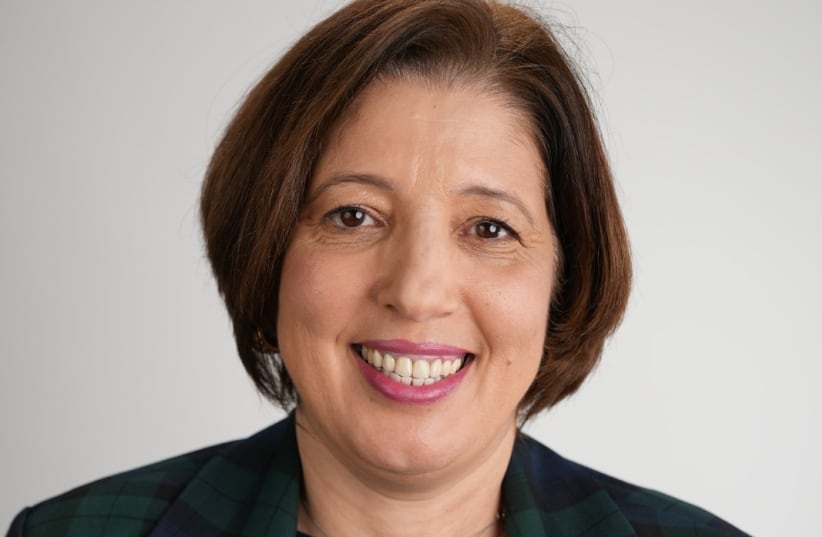This week, Jewish families worldwide sat down for their Passover Seders. A highlight of the event was reading the Four Questions. Against the backdrop of recent challenges, including the aftermath of the October 7 Hamas massacre and economic uncertainties marked by rising inflation and interest rates, there are signs of optimism in the Israeli high-tech sector. We reached out to leaders in this industry, asking them our own four questions, allowing them to reflect on their challenges, decisions, successes and dreams. Here are the responses of Maisam Jaljuli, CEO of Tsofen-Tashbik:
Challenges
In the aftermath of October 7 and the Gaza War, what recent challenges have you faced in your industry, and how did you overcome them?
Tsofen-Tashbik, an Arab-Jewish organization, aims to integrate Arab engineers into Israel's tech industry. The October 7 massacre and the outbreak of the war in Gaza led to radicalization and tension in Israeli society, extending into workplaces. Arab employees faced racism and suspicion, seeking support from Tsofen-Tashbik amidst an economic crisis worsened by war-related worker shortages. Managers, preoccupied with financial woes, often overlooked tensions between Arab and Jewish workers, lacking experience in crisis management. Some Arab employees were fired over perceived Hamas support, fostering fear and silence in the workplace. This silence led to alienation and demands for public condemnation from Jewish colleagues and managers, exacerbating the divide.
Decisions
Looking back, what decision do you feel was the best for your career or business, and why?
My personal decision as a mother whose children are starting their journey as adult citizens in Israel, especially after October 7, is to continue fighting for the image of Israeli society, not to lose hope that it is possible to influence its future, to insist on strengthening the liberals and those who strive for peace, not to give in to the anger and incitement of the extremists. The decision to continue to promote the integration and inclusion of the Arab society in all areas of life despite the government's decisions and the budget cuts for the Arab culture.
Successes
What achievement or success are you most proud of, and what lessons did you learn?
On a personal level, I was able to continue connecting Jews and Arabs on a personal, social and professional level. I was able to make my personal voice and the voices of many in Arab society heard despite the difficulty of Israeli society at this time, especially to listen.
Personally, it is important to me to be a model for young Arab women and men, that it is possible and important to express an opinion and stand up for what they believe, provided that it is done in a respectful, non-offensive manner and that also includes the complexity of the fabric of relationships that is the Israeli social mosaic
Dreams
What are your aspirations or goals for yourself or your organization in the coming year as you look ahead?
My personal and collective dreams span various aspects of Israeli society. From my upbringing as an Arab girl to my current role as director of a shared society organization, I envision a society where everyone, regardless of identity, finds belonging and meaning.
I dream of an Israeli society built on liberal, democratic, and inclusive values, where peace with neighbors is cherished. Through tireless work, I aspire for organizations like Tsofen-Tashbik to combat violence and aimlessness among Arab youth, serving as models for integration.
My ultimate dream is to see the mutual respect and love within Tsofen-Tashbik mirrored in public life, fostering a genuine shared existence. I believe Israel can embody moral leadership, providing equal opportunities for all citizens and pursuing peace regionally.
Maisam Jaljuli is the CEO of Tsofen-Tashbik.

